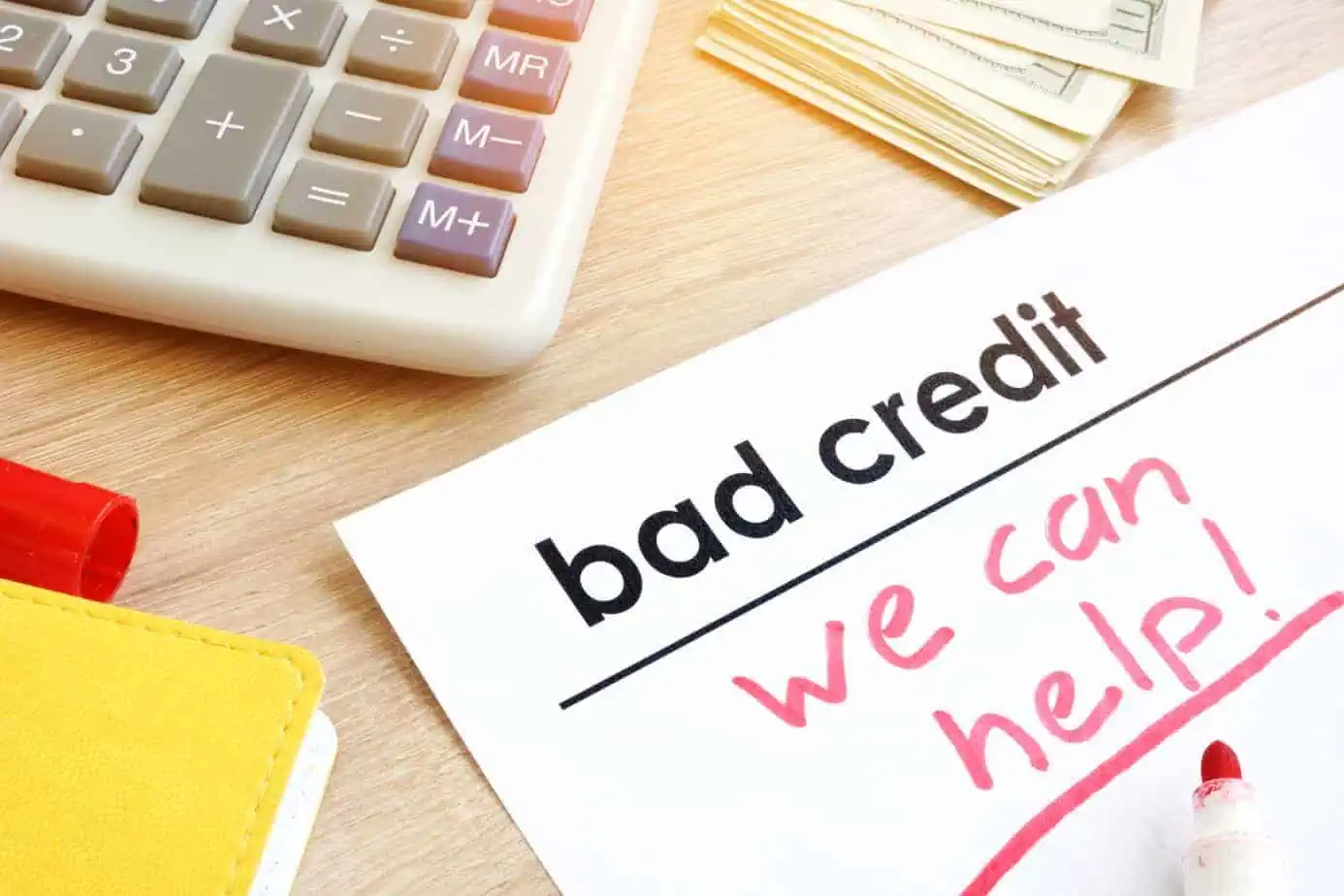You may assume it would be impossible for you to obtain a merchant account if you have poor credit. You might have gotten a bad credit rating due to issues like your business not being able to pay off its loans. You could also have a poor rating because your business is constantly dealing with chargebacks.
There’s no need to worry, as you can get a bad credit merchant account to help you accept credit card payments from your customers. You can use a few steps for acquiring an account, but much of this involves figuring out what is suitable for your business. You may find our experts at Host Merchant Services to be more effective for your work needs than you might expect for any situation.
Avoid the Credit Check

The first thing to do when finding a bad credit merchant account is to find a group that will not conduct a credit check on your business. A credit check may reveal various flaws and issues with your business that will keep you from getting an account.
A credit check traditionally entails looking at factors like how much money a business spends and owes, how much credit it uses, and whether it is delinquent on anything. It can also include a look at the chargebacks in a business and how they might make it harder for a company to bring in the funds it deserves. Groups that don’t collect as many funds can be tough to support.
Not all merchant service providers will work without credit checks. We at Host Merchant Services can review your work without a credit check.
Provide Processing Data
The best way to get a poor credit account is to provide processing data for your business. You can submit at least the last three months of your credit card processing bills. The statements will display how you collect funds from people.
You can also include the last three months of bank statements in your business. These statements will help you highlight how much money you’re bringing into your business.
General Details on Your Business
You can also submit enough details on how your business operates when applying for a merchant account. You can provide a government-issued ID, a bank letter or voided check, and a Social Security Number to your merchant service provider.
Presenting a functioning website also helps for your success. Your website will help a service provider review what you offer and how you’re going to collect money from your customers. It is easier to get an account if you can show your business has a plan for how it will operate and promote its work.
Be Cautious With Your Account
While it is easy to get a poor credit merchant account, you will likely deal with higher processing fees. The added fees cover your increased risk for chargebacks or other financial issues.
You may also experience restricted contract terms. You might have fewer privileges versus good-credit businesses. There may also be penalties for getting out of your contract early.
The expenses for your account will vary, but you can expect to spend more than what most people would spend on your services. Always check the contract you enter when looking at what you’re using, and be sure you plan your work well surrounding how much you’re going to spend on merchant account services.
You may be eligible for lower rates if your credit rating or your payment history improves. But it may take a while before you can get a better rate on what works.
Who Is Willing To Accept the Risk?
The best way to review a possible merchant account is to identify who’s willing to take a risk with you. Not all account service providers will support your business. They may be suspicious of how your business operates. Some entities may also not have enough resources to support your business.
Every merchant service provider has different rules for trust when dealing with clients. Some providers may be more supportive of high-risk entities than others. They might be fine with businesses that have poor credit ratings, but they may not be willing to provide as many services. Look at the thresholds these providers have when figuring out what they will offer for your business before making a choice.
Look At HMS Today!
We at Host Merchant Services will help you with your bad credit merchant account. We can prepare a new account that fits your needs without having to review your credit rating. Our team will check how well your business is running and identify a solution that works for your needs.
Best of all, we never require any long-term contracts for service. You can pay for our services by the month, giving you the flexibility you need to handle your work. We’ll even reprogram your existing infrastructure if necessary. We can also provide equipment to you for free as long as you return it after you no longer have a need for what we offer.
Our charges are also transparent and simple. We provide a simple interchange-plus pricing platform that includes rates you can understand and recognize. You can use our reports to figure out what you’ll spend on something of value. We will help you review if our system is suitable for your business or if you should stick with a different solution.
We don’t require weekly minimums for our services. We also do not charge setup or application fees. You won’t risk paying any early termination fees either, what with us not imposing long-term contracts for what we provide.
Don’t forget about our customer service department. We will be there for you twenty-four hours a day to answer whatever questions you hold about how your business is working.
Take note of what we at HMS provide when looking for a merchant account today. You’ll find it is easier for you to get a poor credit merchant account than you realize when you ask us for help with your work.
Frequently Asked Questions
Is it difficult to get a merchant account with bad credit?
Obtaining a merchant account with bad credit can be challenging. Traditional financial institutions may consider bad credit as a risk factor, leading to potential rejections or stringent requirements. However, there are specialized providers and alternative payment processors that cater to businesses with bad credit. These providers may have different underwriting criteria and may be more lenient when evaluating merchant account applications, making it possible to secure a merchant account despite a poor credit history.
How do you qualify for a merchant account?
To qualify for a merchant account, you typically need to meet certain criteria set by the payment processor or acquiring bank. The specific requirements may vary, but common factors considered include the type of business, processing history, creditworthiness, and financial stability. Additionally, the underwriting process may involve providing relevant documentation, such as business licenses, bank statements, and proof of address. Meeting the eligibility criteria and having a stable financial track record will increase the chances of qualifying for a merchant account.
What is a high-risk merchant account?
A high-risk merchant account is specifically designed for businesses deemed to have a higher level of risk in terms of chargebacks, fraud potential, industry type, or poor credit. Industries such as online gaming, adult entertainment, or nutraceuticals are typically classified as high-risk. Acquiring a high-risk merchant account requires specialized payment processors that are willing to work with businesses in these industries. These accounts may involve higher fees and more stringent underwriting processes due to the increased risk associated with the business.
How do I create a free merchant account?
While it is rare to find completely free merchant accounts, some providers may offer no upfront fees or monthly charges for their basic services. However, it's important to carefully review the terms and conditions, as there may still be transaction fees or additional charges associated with specific features or services. Researching and comparing different payment processors or merchant account providers can help identify those that offer competitive pricing and reasonable fee structures to minimize costs for your business.
How much is the credit merchant fee?
Credit merchant fees can vary depending on several factors, including the type of business, industry, sales volume, and the payment processor or acquiring bank you choose. Generally, credit merchant fees consist of a combination of interchange fees (set by the card networks), assessment fees, and processing fees charged by the payment processor. These fees are typically a percentage of the transaction amount, ranging from around 1% to 4%, with an additional fixed transaction fee. It's important to review and compare fee structures from different providers to ensure you are getting competitive rates for your business.

